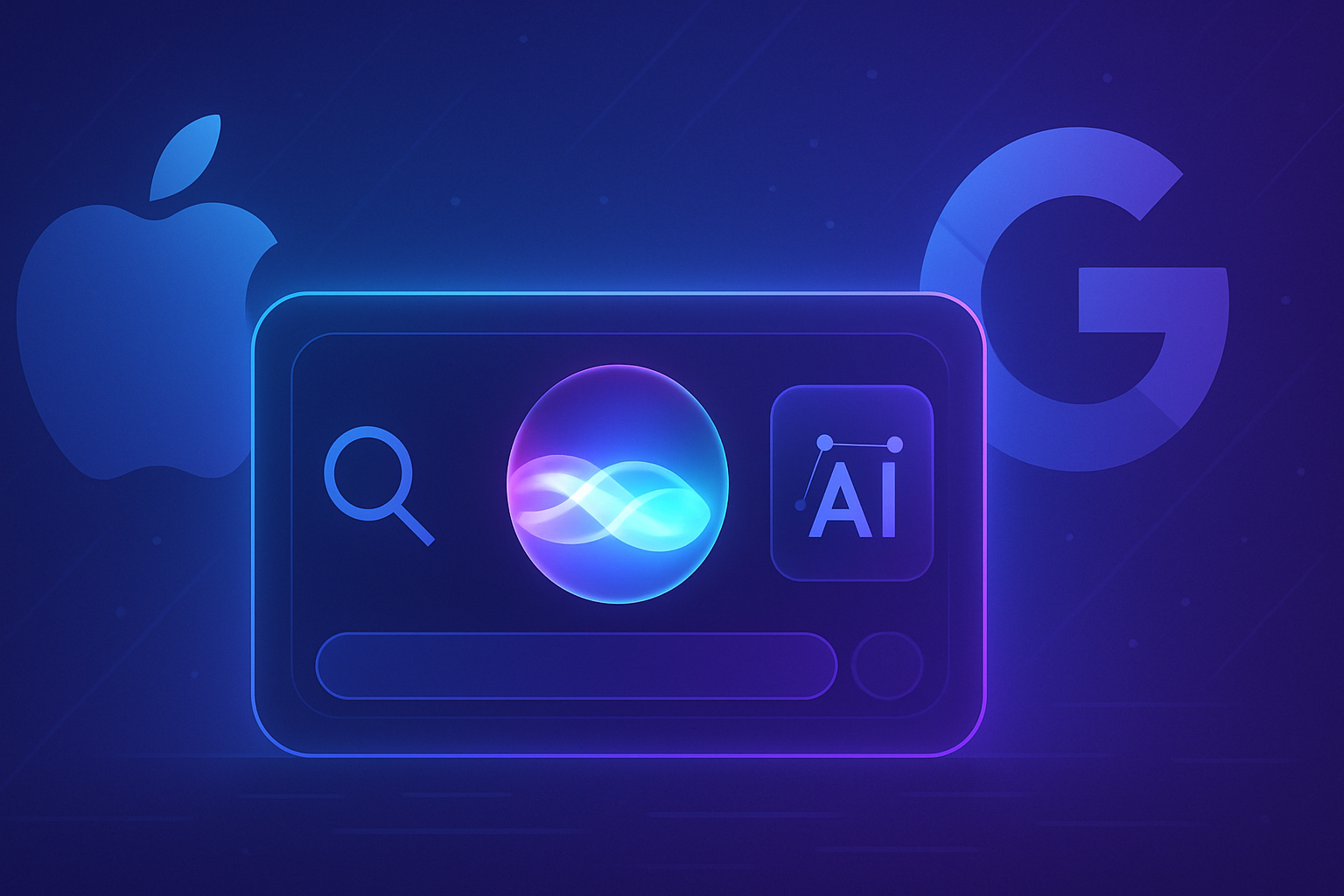Artificial intelligence is redefining the healthcare landscape, bringing unprecedented transformations. The symbiosis between advanced technology and _human relationship_ emerges as the fundamental pillar of future medical practices. The issue of accessibility arises sharply, as these innovations must serve all patients without exclusion. On the ground, healthcare professionals are embarking on a novel dialogue with intelligent systems, thereby redefining the contours of care. The AI’s ability to _analyze massive data_ offers unparalleled perspectives but raises major ethical questions. In the face of these evolutions, humanity and technology must find balance, thus ensuring an optimized medical future.
Artificial Intelligence: A Catalyst for Health
The emergence of artificial intelligence (AI) in the healthcare sector is not just a technological question. It is also a response to contemporary challenges and the needs of patients. Healthcare professionals are beginning to integrate AI into their daily routines, allowing advancements in diagnosis, care management, and administration.
Recent statistics reveal that 53% of practitioners in France already use this technology. Of these numbers, a large portion believes that the automation of tasks and optimization of processes improve the efficiency of their work. This change represents a true upheaval for all stakeholders in the sector.
An Eco-Responsible Data Management
AI plays a key role in health data management, both in terms of organization and sustainability. Each year, health systems generate about 50 petabytes of data, of which less than 3% are actually utilized. The possibility of exploiting this data could contribute to a more ecological management while optimizing energy flows through processes.
Using AI to analyze practices and flows would allow healthcare institutions to reduce their carbon footprint. This optimization could involve improving data storage systems, thus helping to reduce greenhouse gas emissions.
Explainable AI: Restoring Trust
The development of AI is accompanied by the necessity for informed regulation. The European Health Data Space (EHDS) is committed to protecting data while allowing its use. This regulatory framework must guarantee both patient safety and the transparency essential for building trust between practitioners and technologies.
Explainable AI solutions, or “Explainable AI,” are emerging as a precise response to this need for transparency. By clarifying decision-making processes, these tools facilitate collaboration between doctors and intelligent systems. A study by OpinionWay indicates that 45% of French people have a positive perception of AI in medicine, but paradoxically, many question the clarity of algorithmic decisions.
Automation: An Essential Support
AI also helps alleviate the burden of administrative tasks that weigh heavily on doctors. Currently, they spend about seven hours a week on administration. The integration of automation tools could transform this reality, returning the necessary time for caregivers to focus on their patients.
The benefits of this automation extend beyond simple time savings. The quality of care could also improve, thus reducing the risk of medical errors. According to the WHO, these advancements could translate into a positive impact on the costs and profitability of healthcare institutions.
Humanizing the Healthcare System
The combination of AI and humans opens fascinating perspectives. Technology must position itself as a complement to human capacity. A judicious use of AI would allow for a fusion of innovation and human values in the medical field.
While integrating technology, it is imperative to remain vigilant regarding the ethical issues related to data use and algorithmic decisions. Reflection on AI in health must continue to ensure that these technological advancements truly serve the needs of patients.
This dynamic between AI and healthcare professionals could catalyze a new momentum. The challenge is to create a healthcare system where every innovation reaffirms its mission: to promote well-being and deepen the relationship between doctor and patient.
For an in-depth exploration of the regulatory issues associated, refer to this article on language models. The implications of AI on democracy, as well as potential threats it may pose, are also to be considered, as discussed in this report on democracy.
Questions and Answers on Artificial Intelligence in Health
What is the role of artificial intelligence in improving patient care?
Artificial intelligence (AI) helps to analyze medical data, predict epidemics, and personalize treatments, thus optimizing the care provided to patients.
How can AI reduce medical errors in the healthcare sector?
By using AI systems to analyze patients’ medical histories and detect anomalies, it enables healthcare professionals to make informed and precise decisions.
What are the ethical implications of using AI in healthcare?
The ethical implications include protecting personal data, accountability in case of diagnostic errors, and the need to ensure equitable access to AI-based health technologies.
How does AI contribute to the automation of administrative tasks in hospitals?
It automates processes such as patient record management and appointment scheduling, freeing up time for doctors to focus on patient care.
What are the advantages of explainable AI systems in medical practice?
Explainable AI systems clarify the decisions made by AI, reinforcing the trust of practitioners and patients while facilitating collaboration between humans and machines.
How does AI help to manage the massive data generated by healthcare institutions?
It efficiently processes and analyzes this data to extract useful information, identifying trends and thereby improving strategic decision-making within the institutions.
What is the impact of AI on the patient experience in healthcare?
AI technologies enhance patient experience by providing faster diagnoses, personalized treatments, and facilitating communication between patients and medical staff.
What challenges does the integration of AI in the healthcare sector pose?
Challenges include protecting patient privacy, integrating existing systems, and the need to train medical staff in the effective use of these new technologies.
How can AI contribute to eco-responsible management of health data?
By optimizing data storage and transmission processes, AI can reduce the ecological footprint associated with managing medical information and using energy resources.
What is the importance of maintaining a balance between technology and humanity in healthcare?
Maintaining this balance ensures that technological innovations serve the ultimate goal: to improve the quality of care while preserving empathy and human contact in the patient-caregiver relationship.






